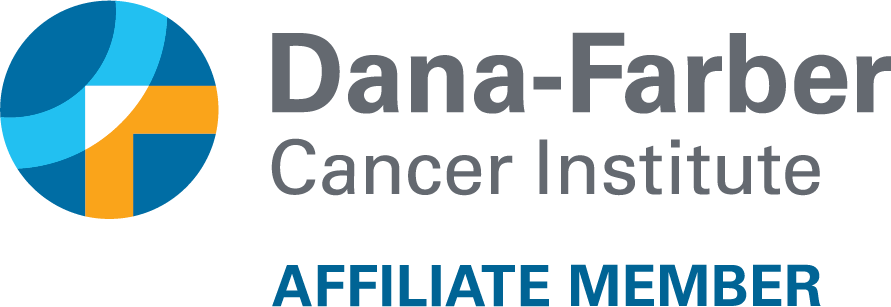Esophageal Cancer
Understanding Esophageal Cancer
Esophageal cancer is a type of cancer that starts in the esophagus, the long, hollow tube that runs from your throat to your stomach. The esophagus helps move food and liquids from your mouth to your stomach for digestion. Esophageal cancer can affect your ability to swallow and digest food properly.
What Are the Symptoms of Esophageal Cancer?
Esophageal cancer can be hard to detect early because symptoms may not appear until the cancer is advanced. Here are some common symptoms to look out for:
- Difficulty Swallowing (Dysphagia): You may feel like food is stuck in your throat or chest.
- Weight Loss: You might lose weight without trying.
- Chest Pain: Some people feel pain or discomfort in the chest area.
- Hoarseness or Cough: You may notice changes in your voice or develop a persistent cough.
- Indigestion or Heartburn: Ongoing heartburn or acid reflux can be a sign.
- Vomiting: In some cases, you might vomit blood.
If you experience any of these symptoms, it’s important to see a doctor for evaluation.
What Causes Esophageal Cancer?
The exact cause of esophageal cancer isn’t always clear, but certain factors can increase your risk:
- Smoking: Tobacco use is a major risk factor.
- Alcohol Use: Drinking alcohol, especially in large amounts, can increase your risk.
- Obesity: Being overweight can contribute to esophageal cancer.
- GERD (Gastroesophageal Reflux Disease): Frequent acid reflux can damage the esophagus lining.
- Barrett’s Esophagus: A condition where the lining of the esophagus changes due to acid exposure can lead to cancer.
- Age and Gender: It is more common in older adults and men.
How is Esophageal Cancer Diagnosed?
Doctors use several methods to diagnose esophageal cancer:
- Endoscopy: A thin, flexible tube with a camera is used to look inside the esophagus.
- Biopsy: A small tissue sample is taken from the esophagus to check for cancer cells.
- Imaging Tests: Tests like CT scans and PET scans help determine if cancer has spread.
Early diagnosis can improve treatment options and outcomes.
What Are the Treatments for Esophageal Cancer?
Treatment for esophageal cancer depends on the cancer’s stage, location, and the patient’s overall health. Here are the common treatment options:
- Surgery: Surgery aims to remove the tumor and a margin of healthy tissue. This could include removing part of the esophagus (esophagectomy).
- Radiation Therapy: High-energy rays target and kill cancer cells. It’s often used before or after surgery.
- Chemotherapy: Drugs are used to destroy cancer cells. This can be given alone or in combination with radiation or surgery.
- Targeted Therapy: This treatment targets specific proteins on cancer cells to stop their growth.
- Immunotherapy: This helps your immune system recognize and attack cancer cells.
What is the Prognosis for Esophageal Cancer?
The prognosis for esophageal cancer varies depending on several factors, including the cancer’s stage at diagnosis and the patient’s overall health. Early-stage esophageal cancer has a better prognosis compared to advanced stages.
Living with Esophageal Cancer:
Coping with esophageal cancer can be challenging. Here are some tips to help manage:
- Nutrition: Work with a nutritionist to find foods that are easier to swallow and digest.
- Support: Join support groups to connect with others who understand what you’re going through.
- Follow-Up Care: Regular check-ups with your healthcare team are essential to monitor your progress.

Related Services
Esophageal Cancer Physicians
Esophageal Cancer Team Members
Financial Advocacy

Financial Advocates
If you are experiencing financial distress due to treatment costs or the inability to work, we want you to know that we offer financial advocates who are here to help. Our advocates can assist you in finding resources and support through various third-party organizations, ensuring you have access to the financial assistance you need during this challenging time. Please don’t hesitate to reach out to our team for guidance and support.






